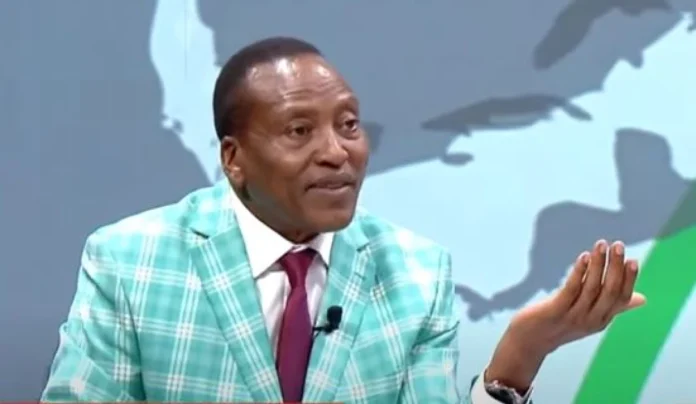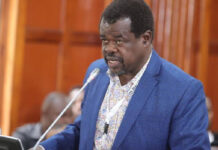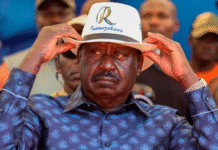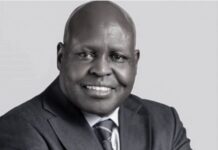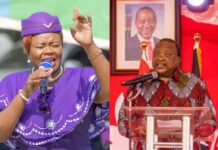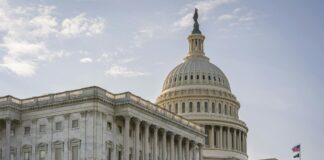Kisii Senator Richard Onyonka has sparked debate over President William Ruto’s perceived confidence in Attorney General Dorcas Oduor, following reports that the custody of Kenya’s Public Seal was shifted from the Office of the Attorney General to that of the Head of Public Service (HOPS).
Speaking on Citizen TV on Tuesday, Senator Onyonka argued that the move was less about the seal itself and more a reflection of eroding trust between the president and his chief legal advisor. “I don’t think this issue is about the seal. This issue is about the Attorney General. The president does not trust the person he has appointed to advise him on legal matters,” Onyonka stated. He went further to suggest that if he were in Oduor’s position, he would resign, given the apparent sidelining.
The controversy stems from an earlier version of the National Assembly Administration Laws (Amendment) Bill, 2023, which proposed to amend the Office of the Attorney-General Act, 2012. The bill sought to formally transfer the custody of the national symbol, recognized in the Second Schedule of the Constitution, to the HOPS.
Government Spokesperson Isaac Mwaura initially defended the reported transition, saying the process was lawful and aligned with existing legislation. However, in a dramatic reversal on May 22, Mwaura clarified that Parliament had removed the proposal from the bill and confirmed that the Public Seal remains under the custody of the Attorney General, as stipulated in Article 9 of the Constitution. “This needs to go on record, the Public Seal is not with the Head of Public Service. It’s still with the AG,” he stated.
The debate has reignited concerns about executive overreach and diminishing institutional checks and balances. Former Attorney General Justin Muturi weighed in, warning that the attempted transition could signal efforts to bypass legal oversight. “If documents can be signed and bear the public seal without the AG’s legal advice, that is a serious issue. I’m sure they are avoiding accountability,” he told The Standard.
As the matter continues to stir public debate, it highlights growing tensions within key state institutions and raises broader questions about transparency, legal integrity, and the distribution of constitutional powers.
Written By Rodney Mbua



